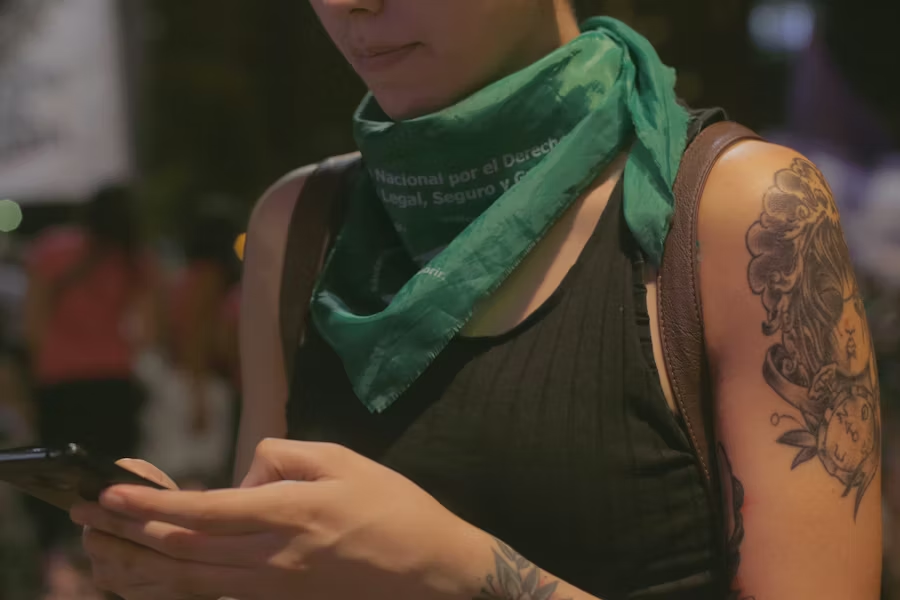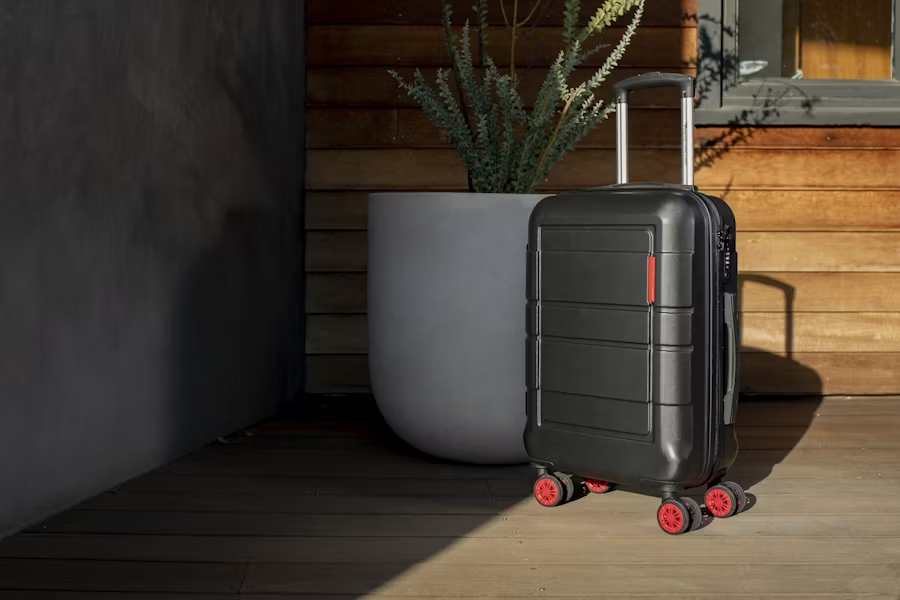At the small insurance office where I work as an administrative assistant, people tend to forget your name but recall the time you forgot to refill the printer paper.
The daily routine consists of balancing phone calls, making appointments, and acting as though you can’t hear the agents bickering about their clients.
On most days, I eagerly down the minutes until I can get home to my kids. On the day my life was irrevocably altered, I was already running late.
My young angels are five and seven years old, which is the ideal age for them to simultaneously drain your life energy and melt your heart.

They often stay with the nanny after nursery and school, but on the days when the nanny is unable to come, my mum takes over.
That day, Mom was watching the kids. Even though she never complains, I could hear the weariness in her voice when she called earlier. She had just done a long shift at the hospital.
Would you mind if I gave the kids some screen time, sweetie? With them, I’ll be right there. She had said, “I just need a moment to unwind.”
Naturally, I replied, “Yes.” Even my mother, who is the strongest woman I know, needs to take breaks.
Two years ago, shortly after our youngest child turned three, my ex-husband left. He concluded that he was not “cut out for family life.” It was his words, not mine.
My mother immediately stepped in to assist me keep everything together when he left.
We function as a little, overburdened team attempting to manage life one responsibility at a time between her job, mine, and the children.
The sky was already a deep shade of early-winter blue when I pulled into the grocery store.
I only needed to get the typical single-mom survival kit, which includes mac ‘n’ cheese, chicken tenders, apples, and juice boxes, so I could quickly prepare a dinner I wouldn’t feel too bad about.
I hurried through the aisles, planning out the rest of the evening in my head: homework, baths, bedtime, dishes, and, if I didn’t pass out first, a load of laundry.
As I entered the chilly parking lot, my arms were stuffed full of grocery bags.
My face was pricked by a wind that woke me up more than the coffee at work ever did.
I gripped my luggage more tightly and made an effort to move more quickly, already imagining my mom sitting on the couch, my children jumping all over her like squirrels on caffeine.
Then I noticed him.
On the curb next to the cart corral, a man in his late 40s sat slouched, his shoulders tucked inward as though he tried to blend in, his back bowed a little.
A big German Shepherd cuddled up next to him, pressing against his side like a living shield. The dog appeared well-fed, well-loved, and well-groomed.
The dude didn’t.
His coat appeared thin, with areas where the cloth should have been thickest showing signs of wear.
As I approached, the dog raised its head and silently observed me.
The man softly cleared his throat when he saw me staring. The sound was faint and timid, as if he didn’t want to shock anyone.
“Madam… I apologise for disturbing you. His voice sounded tight and harsh. I have served in the military. Since yesterday, we haven’t had any food. I’m not requesting money, just wondering if you have any extra.”

Like all women, my immediate instinct was to keep going. It’s not safe to be in a parking lot when it’s almost dark and the only other people around are strangers.
Although I’ve learnt to use caution, something caused me to hesitate.
Perhaps it was the way his hand remained on the dog, as if the contact grounded the animal and himself. Perhaps it was because he obviously loved the dog enough to put its needs ahead of his own.
“Hold on.” I said before I could overthink it.
I whirled around, strode back into the shop, and headed directly for the deli. I purchased a cooked lunch consisting of vegetables, potatoes, and chicken. The type of food that makes you feel at home and warms you from the inside out.
I also picked up a couple of water bottles and a big bag of dog food.
The cashier nodded confidently after taking a quick look at the merchandise. “The night is chilly. This will be appreciated by someone.”
The man looked at the bags for a long time, as if he wasn’t sure they were intended for him, until I went back outside and gave them to him.
“Ma’am…” he muttered. He had emotion in his eyes. “You have no idea what this means.”
“It’s the least I can do.” I gave the dog a gentle nod. “Just take care of your buddy.”
His dog gave one slow, appreciative wag of its tail. Until he ran out of things to say, he thanked me. After sending him my best wishes, I got into my car and headed home.
I didn’t know what I had just started.
I had all but forgotten about the man and his dog a month later. I didn’t have much time to ponder about strangers because of the daily grind of never-ending administrative tasks at work and cleaning at home.
When my employer, Mr. Henderson, left his office, I was attempting to determine why an insurance renewal kept failing.
I sometimes question whether Mr. Henderson’s constant frown, which is etched so deeply into his face, was innate. He is in his early 60s. He never really goes somewhere, but he always seems to be in a rush when he walks.
He appeared anxious and pallid that day. Even before he came to my desk, I had a bad feeling that disaster was on the horizon.
“Come here, Michelle,” he snapped. “Now.”
My stomach grew constricted. “Is everything okay?”
He told me, “It’s about what you did a month ago,” as I trailed him to his workplace. “For that veteran with the dog.”
What? How was he even aware of that? My heart began to race. Nothing about his demeanour indicated he had good news for me, but I couldn’t fathom how assisting a starving man could have landed me in hot water.
Mr. Henderson closed the door after us, went to his desk, and used two rigid fingers to shove a thick, cream-coloured envelope in my direction.
“You need to see this.”
I gave the envelope a blink. “What is it?”
“A letter,” he yelled. “From a group of veterans. It seems that they have a great opinion of you.”
“For what purpose? I recently purchased food for a man and his dog.”

Mr. Henderson laughed bitterly. “Well, this organisation says that man was a veteran, thinks what you did makes you ‘a woman of exceptional integrity.’” He gestured to the letter with his hand. “They sent an official commendation and recommended that I promote you and adjust your salary accordingly.”
He began to pace after pointing at me. “I know exactly what’s going on here, Michelle, and frankly, I’m deeply disappointed in you.”
“Sir?”
“It’s clear that this is a setup. A pitiful ploy you devised to control me. His hand flicked at the envelope. Official commendations, suggesting a promotion—”
I raised my eyebrows. “I purchased dinner for a man and his dog, Mr. Henderson. That’s all. No one asked me—”
“Spare me!” He waved dismissively, cutting me off. “This is a fake letter. Or, if it is, you were involved in it. I’m not a moron. For forty years, I have been in charge of this office. Additionally, I won’t let an outside organisation decide who gets promoted and who doesn’t.”
Heat began to mount my cheeks. “I didn’t do anything!”
He sneered, “Take it,” and pointed to the letter. “And gather your belongings. You’re finished here.”
My heart was racing. “Are you dismissing me?” “Over this?”
“Yes. Right away. I won’t allow anyone to challenge my authority.”
Everything seemed to freeze for a second, including myself. Then the panic took over.
“Please, sir, don’t do this. I assure you that I was not involved in this. I have two children! This job is essential to me. I—”
“No.” His voice cut through the atmosphere. “Clear your desk, and get out.”
As I packed my meagre possessions, my hands trembled. I felt as though the floor had fallen away from me as I left that stale workplace.
I opened the envelope that evening after the children had gone to sleep and the house had finally become quiet. The letter had an embossed gold seal and was neatly designed. At the top, in bold ink, was the name of the organisation.
I looked up the name on the internet. They were a legitimate group that assisted veterans. This was no phoney letter.
I gave them a call the following morning.
“This is Stephanie.” “How may I assist you?” a kind voice replied.
I introduced myself.
She took a sharp breath. Yes, we are aware of you. “Are you alright?”
I trembled as I told her about the letter, the grocery shop, the man and his dog, and the strong charge Mr. Henderson made against me when he fired me.
“Can you come to our office tomorrow morning?” she said after I was done. “We must speak face-to-face.”
The following day, I entered their building, a light-filled, welcoming area where the atmosphere was charged with purpose rather than anxiety.
The receptionist greeted me as though she had been anticipating my arrival.
She said, “We’re so glad you’re here,”
After escorting me into a conference room, the director and two employees joined us.
After that, they were honest with me.
The veteran had entered their office a few days following our encounter. He reported feeling cold, hungry, and as though he was vanishing.
I fed him, and he felt like a human again. He informed them that he felt seen by my small gesture of compassion, which gave him the courage to ask for assistance.
I was moved to tears when I heard how much my simple act had transformed his life, but there was more to the tale.

They offered him accommodation, employment support, and medical attention right away. Now he was steady, safe, and recovering.
He wanted to express gratitude to me. He therefore requested that they send the letter as a sign of acknowledgement rather than as a form of manipulation. From my job badge, he was able to recall my name and the company I worked for.
The organisation was incensed when they found out I had been dismissed for it.
They also had solicitors.
They promised to handle my issue at no cost to me.
According to the director, “you did the right thing,” “No one should lose their livelihood for showing kindness.”
The court case dragged on for two long months. But in the end, justice prevailed.
Mr. Henderson was fired for wrongful termination, and I was found not guilty.
The nicest part wasn’t even getting full recompense for my emotional pain and missed income.
I received a job offer from the company.
Even though the pay and perks were excellent, there was one significant benefit that outweighed all of the others: meaning.
I was genuinely given the chance to earn money for doing good deeds and improving the lives of those who had devotedly served our nation.
“We need people who don’t look away,” the director informed me. “People like you.”
I agreed.
I now dedicate my days to assisting veterans in finding hope, housing, medical treatment, and support. I remind those who feel invisible that they are important.
I no longer keep track of the minutes till I can leave the office.
Both the veteran’s and my lives were transformed by my simple gesture of goodwill in the grocery store parking lot. Even though I lost my career, it made it possible for me to lead a fulfilling life.
- My Son’s Wife Banned Me From Thanksgiving—So I Quietly Canceled The Trip, Cut The Money, And Watched Her World Fall Apart
- I Bought Pizza And Tea For An Elderly Woman Begging Outside The Store — The Next Day, Three White Suvs Stopped At My House
- I Never Told My Husband’s Family I Speak Their Language—What I Overheard About My Child Left Me Reeling
Please let us know your thoughts and SHARE this story with your Friends and Family!


